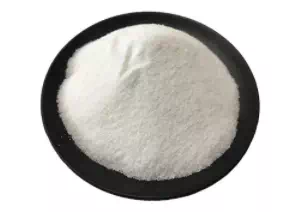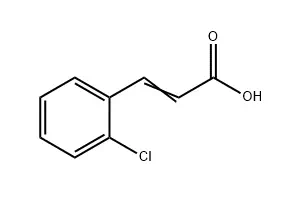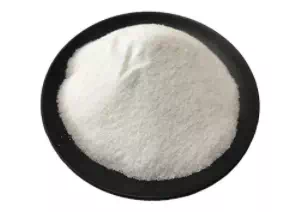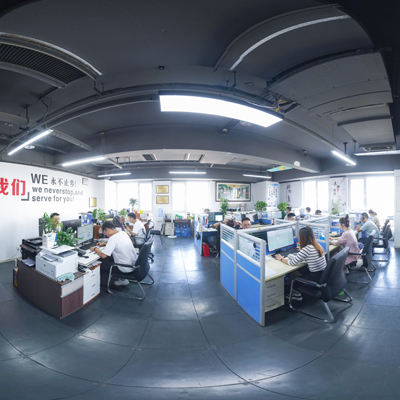2-Chlorocinnamic acid Information
| Chemical Name | 2-Chlorocinnamic acid |
CAS
| 3752-25-8 |
| EINECS | 223-154-2 |
| Molecular Formula | C9H7ClO2 |
| Molecular Weight | 182.6 |
| Spice Type | Synthetic fragrance |
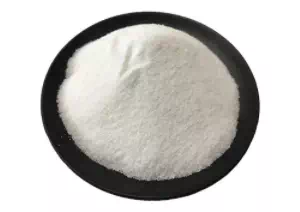
2-Chlorocinnamic acid Uses
O-chlorocinnamic acid (C₉H₇ClO₂) is a cinnamic acid derivative containing chlorine substituents, which has both the aromatic properties of cinnamic acid and the chemical activity of chlorine atoms. It has a unique aroma (similar to woody-spicy notes) and functionality, and is mainly used in daily chemicals, medicine and industrial synthesis.
I. Daily chemicals and personal care
Flavor and fragrance ingredients
Perfume and fragrance: As a mid- and back-tone fragrance, it provides warm woody and spicy notes, and is often used in men's perfumes or oriental perfumes to enhance the layering and persistence of the fragrance.
Cleansing products: Add a small amount to soaps and shower gels to mask the chemical smell of cleaning ingredients and give the product a subtle balsamic scent.
Antibacterial and antiseptic
Use its antibacterial properties (effective against some Gram-positive bacteria) to add it to cosmetics or skin care products to extend the shelf life (the concentration must be controlled to ≤0.2%).
II. Medicine and Pharmaceuticals
Drug Synthesis Intermediates
Used in the synthesis of nonsteroidal anti-inflammatory drugs (such as clofenac compounds), antifungal drugs or cardiovascular drugs (chlorine atoms can enhance the activity of molecules).
Topical Agents
Laboratory studies have shown that it can inhibit skin inflammatory reactions or be used in anti-acne ointments (further clinical verification is required).
III. Industry and Chemicals
Organic Synthesis Raw Materials
Preparation of polymer materials: used for modification of polyester resins or ultraviolet absorbers (chlorine atoms enhance material stability).
Photosensitive Materials and Dyes
As a photoinitiator component, it is used in UV-cured coatings or inks (chlorine atoms improve the efficiency of photoreaction).
Synthetic azo dye intermediates to give fabrics light-resistant and wash-resistant properties.
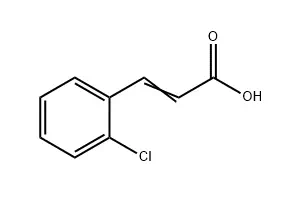
2-Chlorocinnamic acid Properties
Melting point
| 208-210 °C |
| Boiling point | 260.71°C |
| Density | 1.2377 |
| Storage | Room temperature. |
| Water solubility | Insoluble in water |
| pKa | 4.23(at 25℃) |
Service
* Prompt reply and 24 hours online, professional team to provide best price and high quality product.
* Sample testing support.
* Every batch of products will be tested to ensureits quality.
*The packing also can be according the customers` requirment.
*Any inquiries will be replied within 24 hours.
*we provide Commerical Invoice, Packing List, Bill of loading, COA , Health certificate and Origin certificate. If your markets have any special requirements, let us know.

